




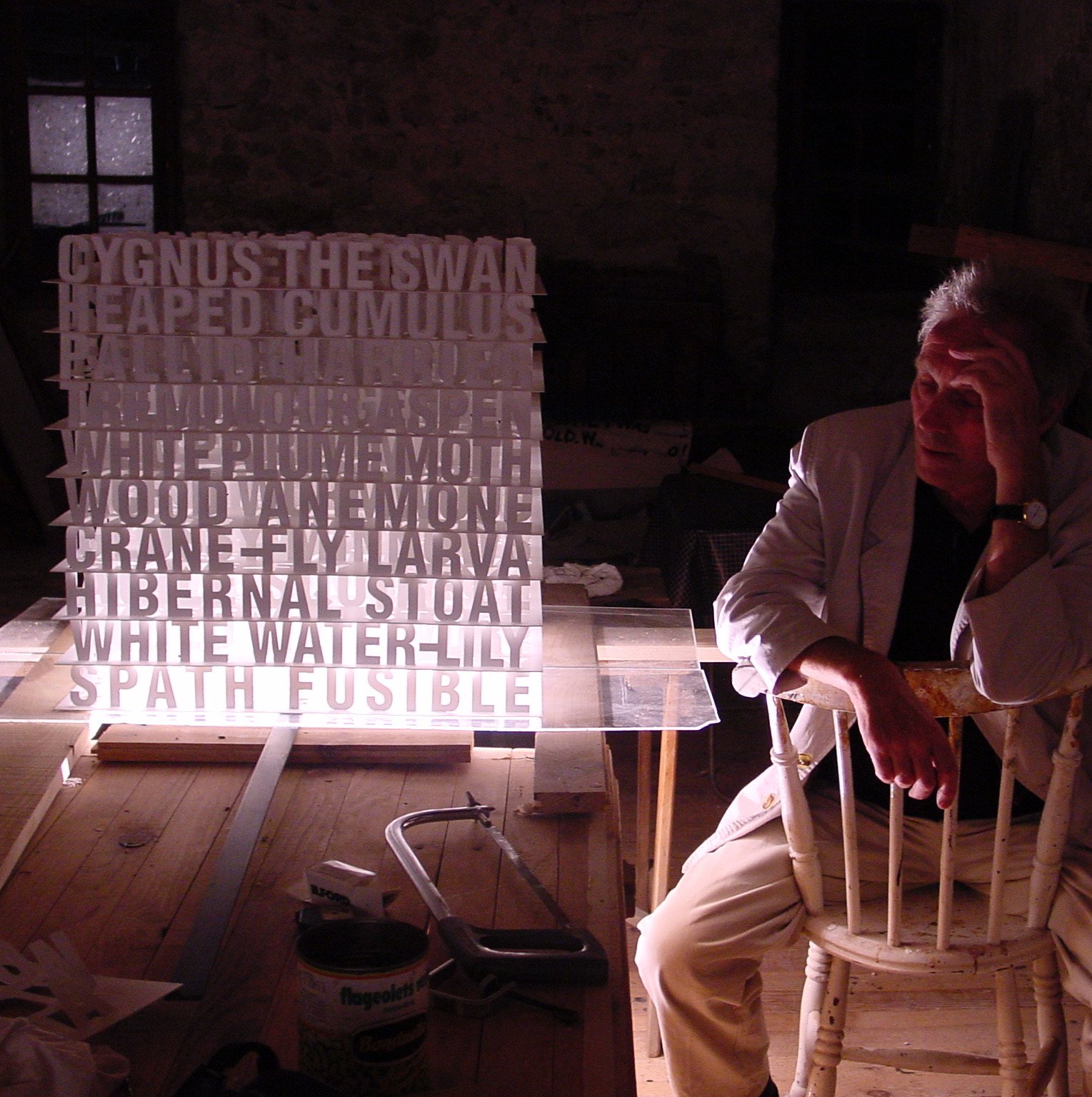

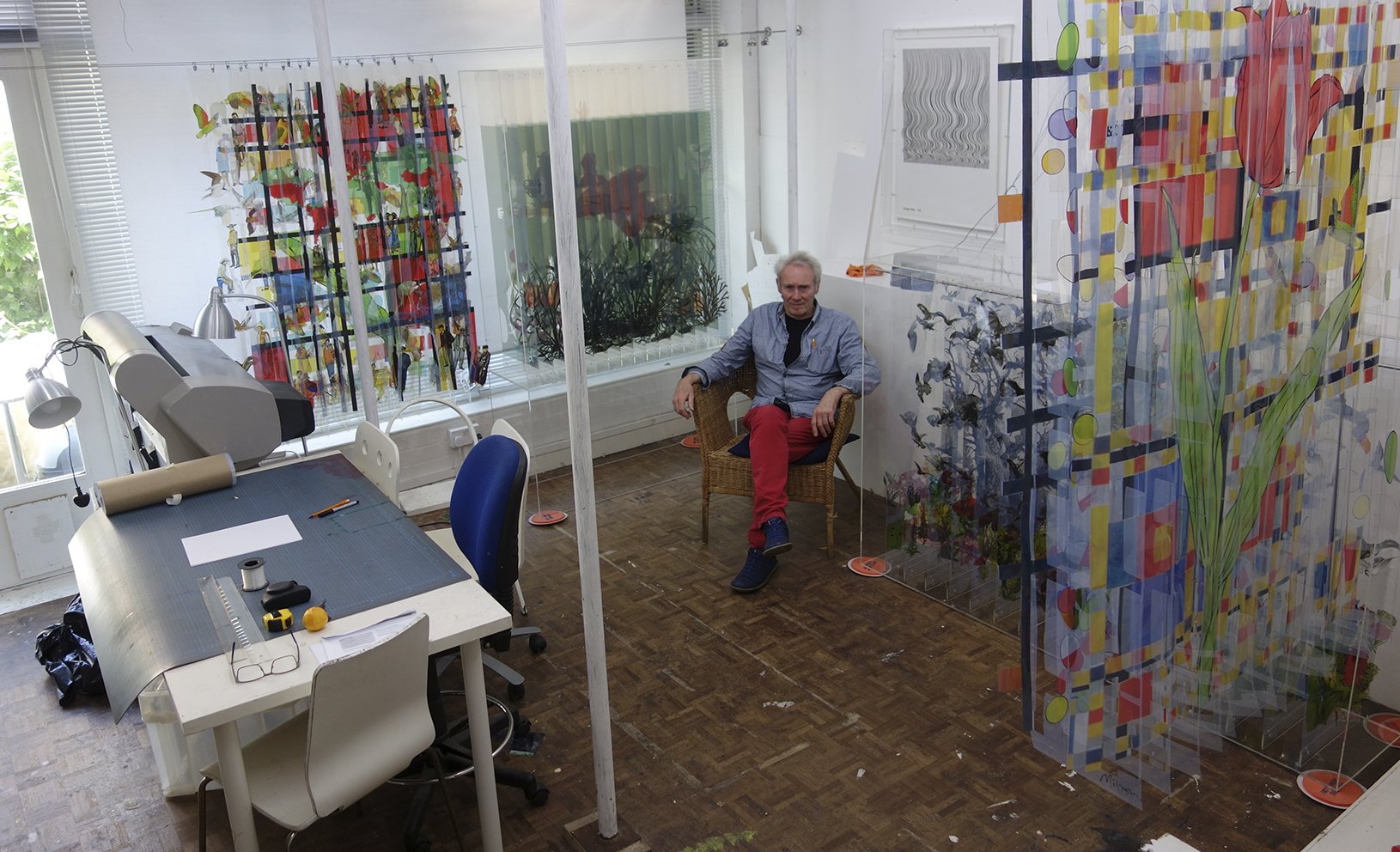

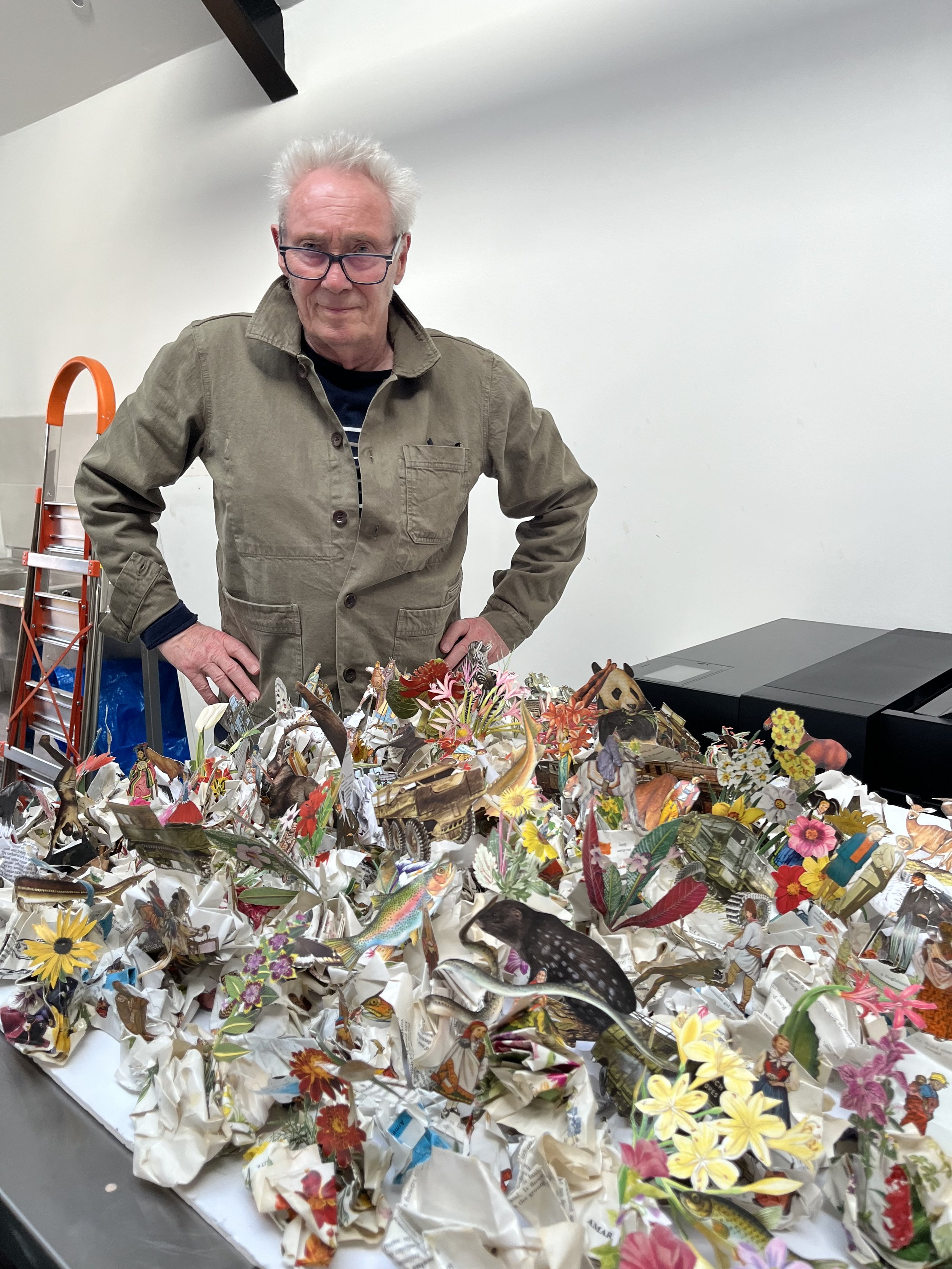
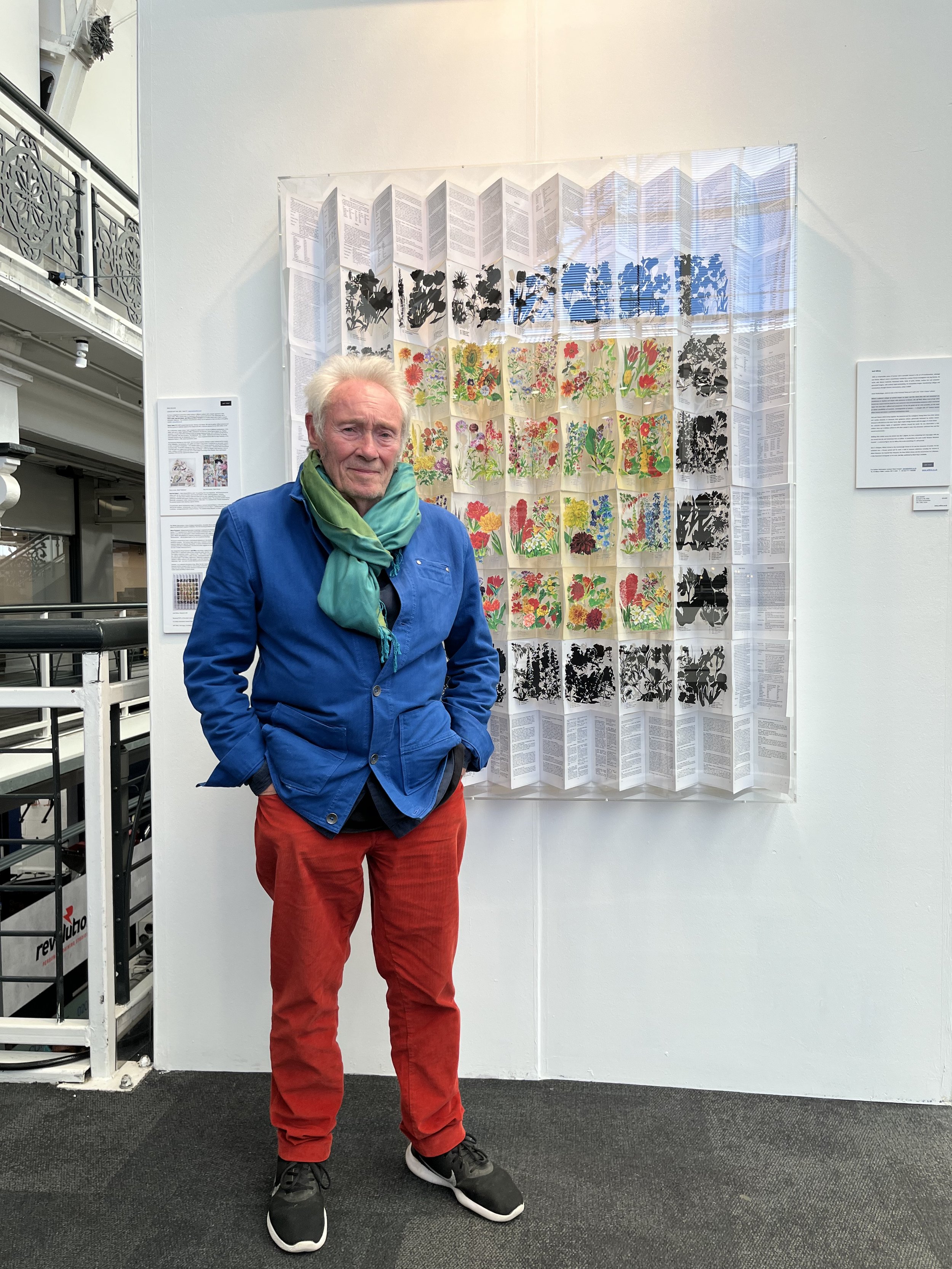
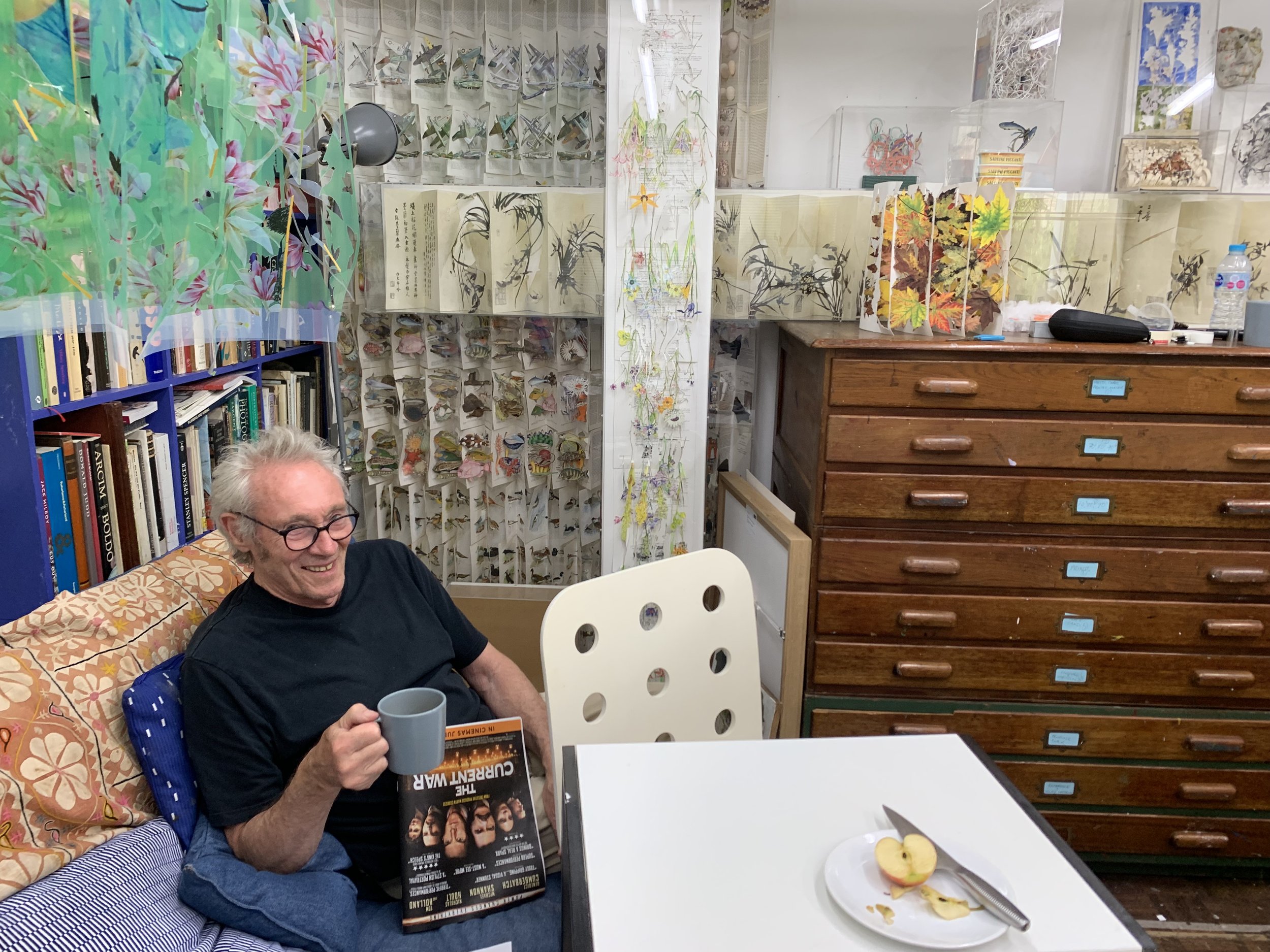
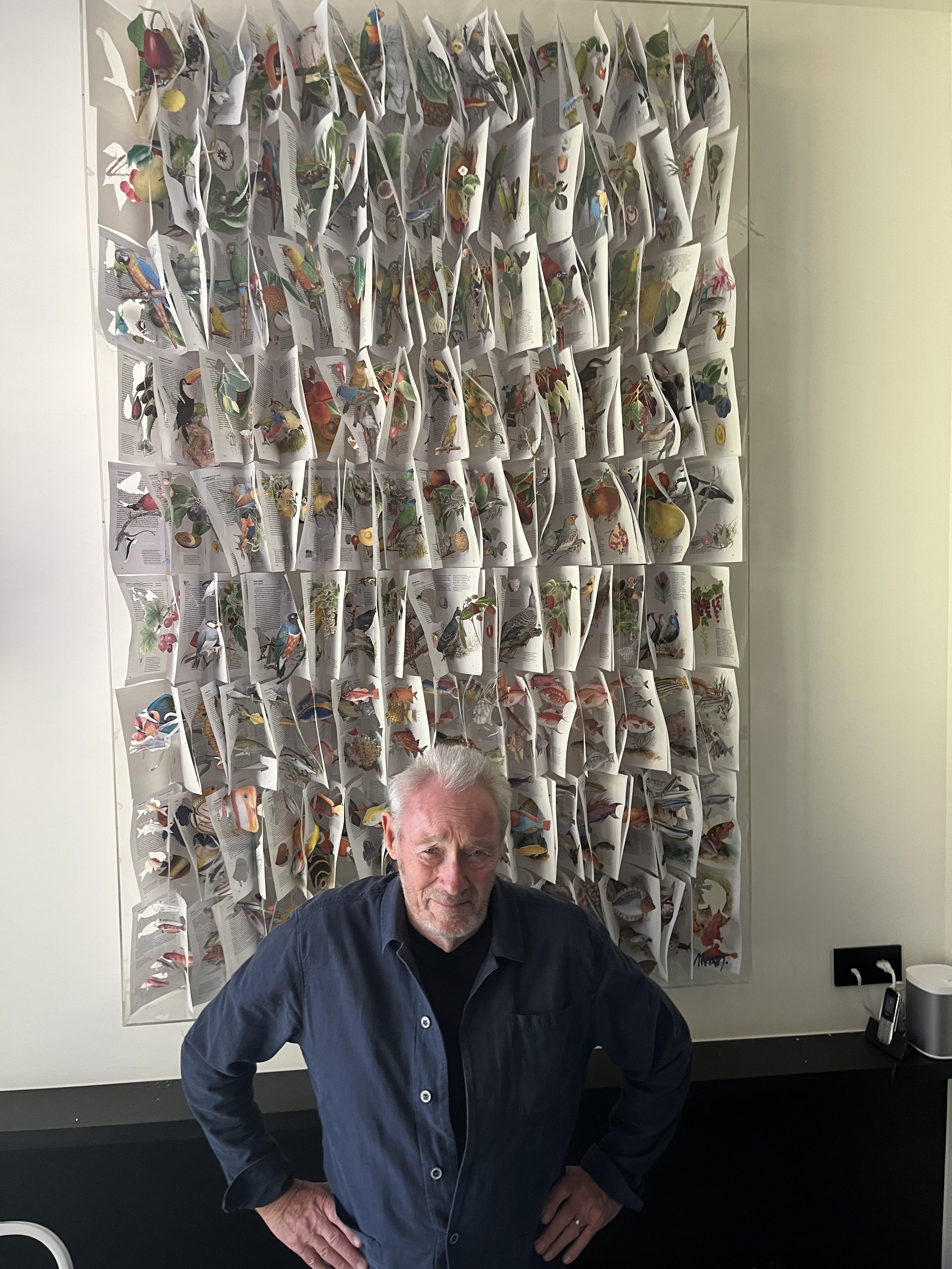
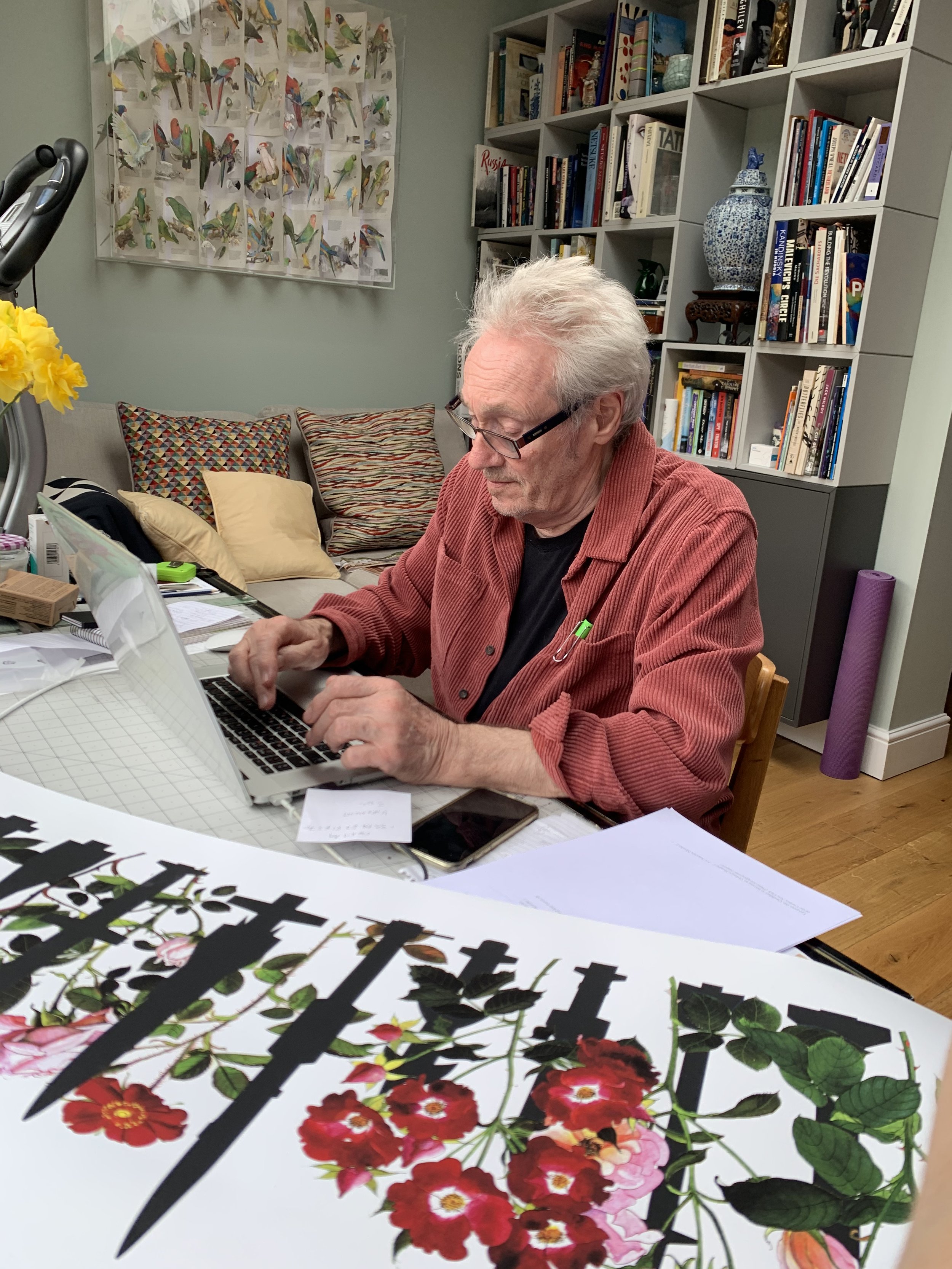
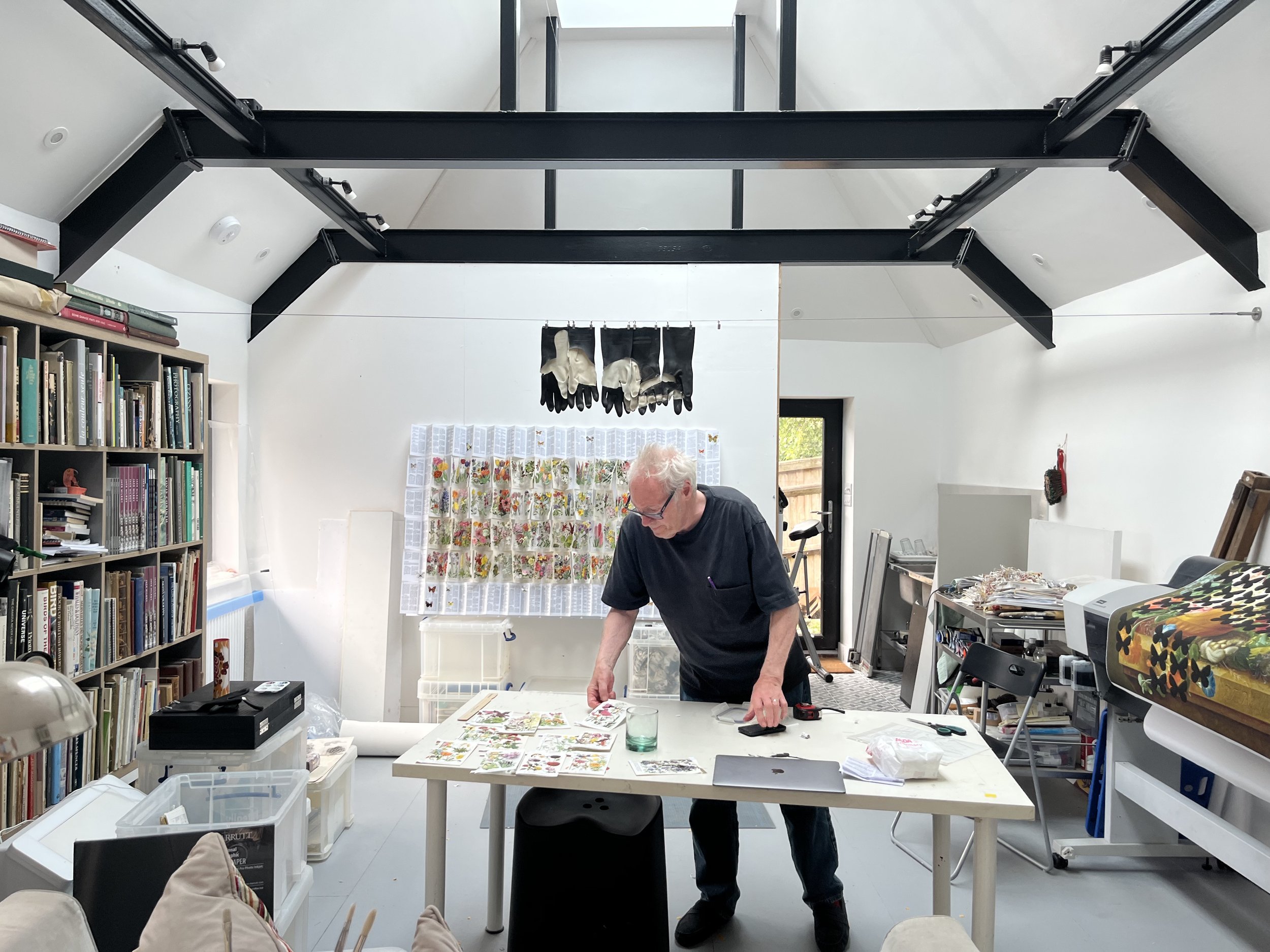

About Jack
William John Milroy, always known as Jack, is a Scotchman, born on 21st September, 1938, in Glasgow, where his parents, Robert and Anna Milroy, had a pawn-broking and jewellery business. He has two much younger brothers. Glasgow, as the backdrop to his early childhood, remains a powerfully influential memory. He is a city boy. In the late 1940s, when he was about nine or ten – he can’t remember exactly when – the family moved to Scarborough. There, at the age of eleven, he entered the local Grammar School. Is Jack a Yorkshireman too, if it is possible to be so by adoption? He is certainly a Northerner, by loyalty, prejudice and temperament.
in his own words
Artists are for the most part notoriously reluctant to describe or explain, most of all to seek to justify, their own work. There are of course notable exceptions. Van Gogh and Delacroix spring immediately to mind, but even they fall into exceptional categories: the one of the intimate correspondence with a close friend, a colleague or, in this case, a brother; the other of the private notebook and journal, as it were the running conversation with oneself, or one’s peers. It is such essential intimacy that offers perhaps the clue, and reinforces the distinction: always the self-conscious, self-important public statement that is to be taken as suspect, and treated with studied care.
For the far from fanciful terror of the artist is that, by seeking to explain it, is at once to admit to inadequacy in the work to justify itself, and to constrain the work, and all its processes, to a specific programme and reading, thereby stripping it of all the excitement of uncertainty and intuitive discovery, and, most of all, its mystery. In short, to be so self-conscious is to cease to be an artist.
But the world at large is hungry for explanation and circumstantial detail, for why else would there be the critic, the curator, the journalist, the art historian, to offer a guiding hand, reassure, and get it wrong. And so it is we trap the artist into the more formal conversation of the interview, and hope our questions, on intentions, ideas, influences, meanings, will bring forth an ordered philosophy and ultimate enlightenment. The artist, on the other hand, is used to this by now, and will either play the philosophical game to leave us none the wiser – vide Francis Bacon stringing David Sylvester along – or fence such questions off with practicalities, principles and techniques, to the same effect. So the great comedy continues.